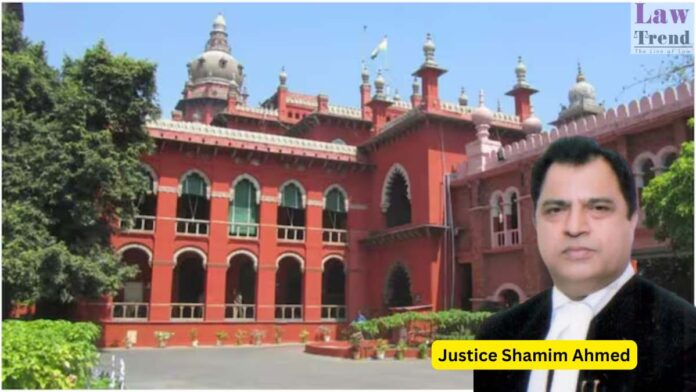The Madurai Bench of the Madras High Court has quashed an order issued by the State Express Transport Corporation (Tamil Nadu) Limited that denied pay revision benefits to a retired Senior Grade Driver. Justice Shamim Ahmed held that the order was arbitrary, passed without following due process, and violated the principles of natural justice. Case
To Read More Please Subscribe to VIP Membership for Unlimited Access to All the Articles, Download Available Copies of Judgments/Order, Acess to Central/State Bare Acts, Advertisement Free Content, Access to More than 4000 Legal Drafts( Readymade Editable Formats of Suits, Petitions, Writs, Legal Notices, Divorce Petitions, 138 Notices, Bail Applications etc.) in Hindi and English.




